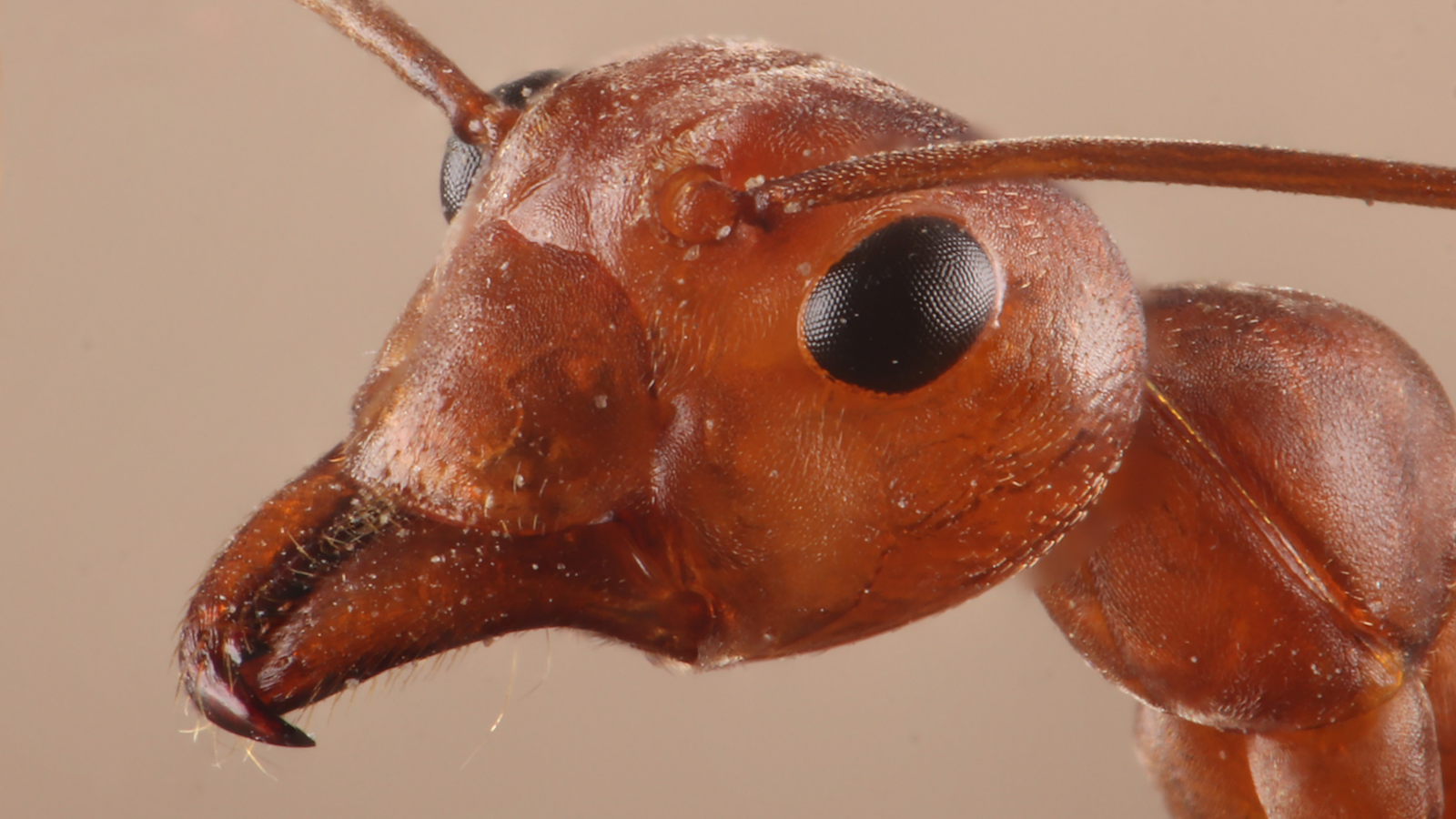Kids' Drug-Resistant Bacteria Blamed on Farm Antibiotic Use

Children's health is suffering due to the excessive use of antibiotics in farm animals, according to a new report.
Kids are becoming infected with bacteria that are resistant to treatment with the same antibiotics that are commonly used in raising farm animals, and it is difficult to treat children who are infected with the drug-resistant bacteria , the report said.
"Children can come into contact with these organisms that are resistant, and if that contact results in an infection, then those infections are extremely difficult to treat," said the report's lead author, Dr. Jerome A. Paulson, the American Academy of Pediatrics' immediate past chairman of the executive committee of the Council on Environmental Health.
Adding antibiotics to the feed of healthy farm animals can make them grow faster on less food, the report said. However, it also may lead bacteria in the animals to change, and become resistant to these antibiotics, the researchers said.
If people become infected with these bacteria, antibiotics are ineffective in treating the infection, they said. [6 Superbugs to Watch Out For]
Children may become exposed to multiple-drug-resistant bacteria in a number of ways, for example, by eating food that has been contaminated with the bacteria from the animals, or by coming into contact with animals that have been treated with antibiotics, he said.
"The vast majority of children or adults who come into contact with these organisms will not become ill, but for those who do become ill, it is almost always a very serious problem because of the difficulty in treating the infections that occur," Paulson said.
Sign up for the Live Science daily newsletter now
Get the world’s most fascinating discoveries delivered straight to your inbox.
Children whose immune systems are compromised because they are going through chemotherapy or because they have an immune deficiency are particularly vulnerable to all kinds of infections, he said. "If they become infected with these multiply-resistant organisms, then their treatment is even more difficult than a child with typical immune system who becomes infected with these organisms," Paulson said.
More than 2 million Americans get sick with antimicrobial-resistant infections each year, and more than 23,000 die as a result of these infections, according to the federal statistics cited in the new report, published today (Nov. 16) in the journal Pediatrics.
About 60 percent of the antimicrobial agents that are sold for use in food-producing animals are considered important for treating human infections, according to the report. Many of these agents that are used in food-producing animals are the same or similar to those used for treating humans, the researchers said.
In human medicine, antibiotics are normally prescribed by doctors, but when it comes to their use in food animals, antibiotics may often be used without a prescription or veterinary oversight, the researchers said.
Moreover, antibiotics are frequently used in animals that are not sick. Rather, the drugs are used to promote faster growth, the researchers said.
In their report, the researchers stressed the importance of restricting the use of antibiotics to treating illness in animals and humans.
"Antibiotic use in animals should be similar to antibiotic use in human beings, that is [antibiotics] should be used for treating infections, and not be administered to hundreds or thousands of animals at a time just to promote their growth," Paulson told Live Science.
Follow Agata Blaszczak-Boxe on Twitter. Follow Live Science @livescience, Facebook & Google+. Originally published on Live Science.










